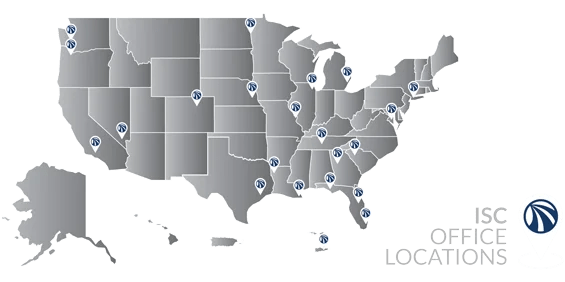What if you could increase FEMA funding, expedite your community recovery, and build for a more resilient tomorrow?
Section 1206 of the Disaster Recovery Reform Act of 2018 increases mitigation funding and expands assistance for individuals and communities following a disaster. The FEMA Public Assistance (PA) program now reimburses the administration and enforcement of building codes and floodplain management (FPM) under the DRRA 1206, which is not part of the Consensus-Based Codes and Standards amendment released in December 2019. Eligible work must relate to repairing, replacing, or retrofit of disaster-damaged structures and may include public, private, and residential facilities. By following locally adopted codes and standards, we can rebuild communities to protect them from future events.
DRRA 1206 allows FEMA to provide PA funding for communities to administer and enforce building codes and floodplain management regulations for no longer than 180 days after the disaster declaration. Eligible activities include but are not limited to conducting field surveys, reviewing and processing building applications, preparing cost estimates/information, hiring and training staff, and conducting damage inventory. Updating the community’s laws, rules, procedures, and requirements is not an eligible expense under DRRA Section 1206.
The key to success when implementing DRRA 1206 is coordination between local, state, and federal stakeholders, including the floodplain administrator, building official, state recovery partners, emergency manager, elected officials, FEMA PDMG, and other FEMA disaster field staff, such as the regional building code coordination specialist and floodplain management staff.
So what can your community do to better prepare?
- Review and update adopted building codes regularly.
- Adopt the latest editions of hazard-resistant building codes.
- Utilize resources to enforce code adoption.
- Perform consistent permitting and inspections.
- Update the community’s laws, rules, procedures, and requirements.
- Establish mutual aid agreements to share personnel and resources.


Reference: Building Code and Flood Plain Management Administration and Enforcement

